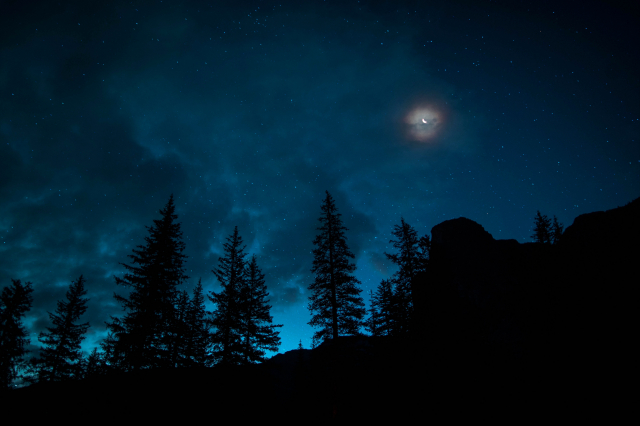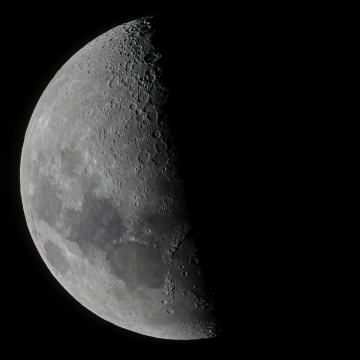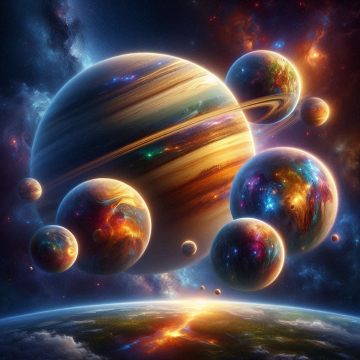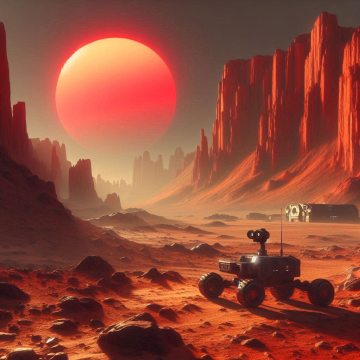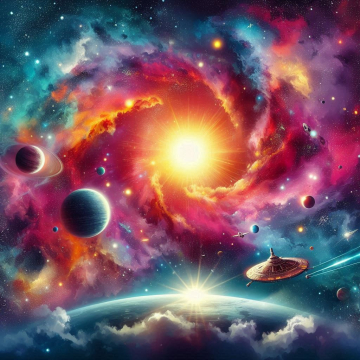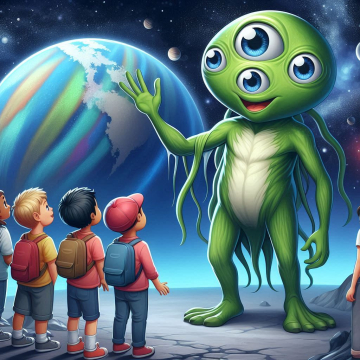Every year the dates of Holy Week change; Holy Thursday, Good Friday, Glory Saturday and the other days of the Greater Week are not celebrated on the same days as last year; neither will they be the same dates of the following year. Why does this happen? Everything has a historical and astral reason; although not in the mysterious way you can imagine.
The main reason why the dates of Holy Week vary each year is that they are not set according to the Gregorian calendar; which is that we usually use in most countries of the world, but are calculated based on the lunar calendar.
In this way, the dates of Holy Week are set according to Easter Sunday, which must be celebrated; according to the lunar calendar, the following Sunday after the first full moon of spring. It is for this reason that the dates of this religious celebration are not adjusted every year in the same way, since the lunar cycles do not have the same periodicity as the solar.
What is the reason why the dates of Holy Week are fixed with the lunar calendar?
The origin of the date is due to the fact that the death of Jesus occurred near the Jewish Passover, and the Jews, according to their norms, renew this celebration every year on the 15th of the month of Nisan, which begins with the first new moon. of spring. This means that it celebrates its Easter on the first full moon of spring regardless of the day of the week that falls.
With the passage of time, the Church wanted to unify the date of the Jewish Passover with the Christian, and in this way, at the First Ecumenical Council of Nicea in 325, the dates of Holy Week are governed by the lunar calendar.
Thus, Easter Sunday is celebrated in an interval of 35 days, between March 22 and April 25. As a curious fact, you should know that the Easter dates are repeated in a period of 5.7 million years. During that period of time, the most frequent date is April 19, meaning that most of the time, Holy Week is celebrated during the first or second week of April.
